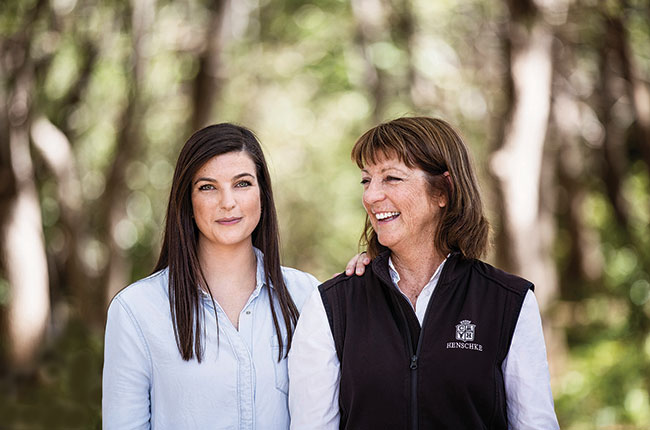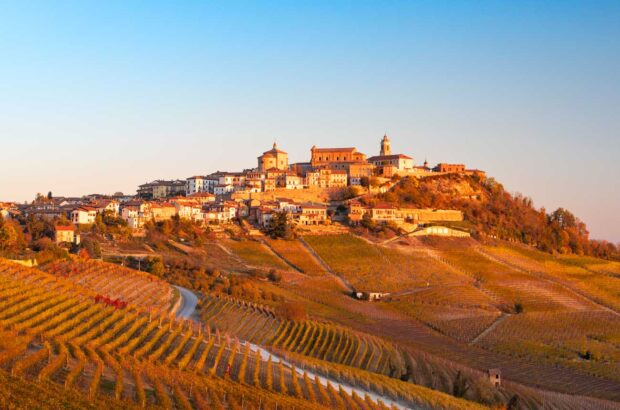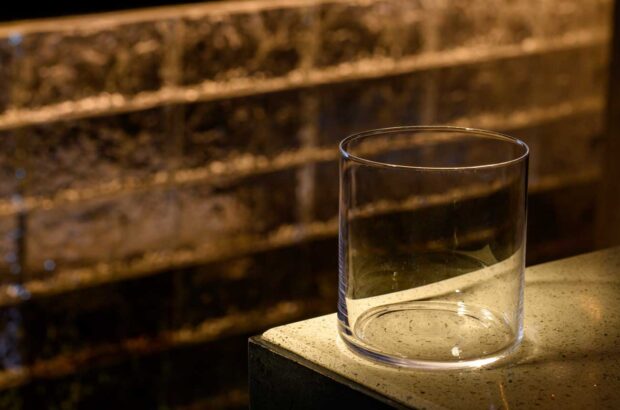Promotional feature
Home to a rich history shaped by generations of family winemakers, Australia offers wine lovers a unique combination of personality, quality and diversity...
Promotional feature
What’s in a name? Wine lovers often talk about Old World or New World wines, but the terms ‘old’ and ‘new’ can be applied with a broad brushstroke when it comes to wine. You’ll find young, start-up wineries in the traditional wine-producing regions of Europe; and wineries with generations of history in the southern hemisphere. And certainly when it comes to Australian wine, the New World is not actually new.
In fact the continent of Australia boasts a long history, with ancient geology that spans an incredible 3.8 billion years, and offers winemakers some of the most varied and complex terroirs in the world. From loam and clay sediments, deposited around 500 million years ago in South Australia’s Adelaide Hills, to the deep red volcanic soils of Victoria’s Mornington Peninsula, created 40 million years ago.
Add to this Australia’s unique climate, specific microclimates and individual topography of valleys, mountains and coastline, and it’s easy to see why the first winemakers to arrive in this unspoiled land were able to start planting a wide range of grapes and making a variety of wine styles – experimentation that is still going on today as the country’s wine scene continually evolves.

Justine and Prue Henschke. Credit: Tim Jones / Wine Australia
The pioneers
Many of those early pioneers brought with them the experience of a winemaking heritage stretching back through generations. Ideas and traditions from Italy, Germany, France, Greece and more, found a home in the southern hemisphere, where they were refreshed and adapted to create a uniquely Australian expression of wine.
Today that eclectic heritage is reflected in the great family winemaking dynasties of Australia, curators of the country’s fine wine tradition. They include Australia’s First Families of Wine – names such as Henschke, Tyrrell’s, Yalumba, De Bortoli and d’Arenberg that are well known to any wine lover – who collectively have over 1,380 years of winemaking experience across 48 generations.

Tim and John Duval. Credit: John Duval Wines
From generation to generation
It’s humbling to walk to work every day past vineyards that my great-great-grandfather planted,’ says Chris Tyrrell, fifth generation of the Hunter Valley winery established by Edward Tyrrell in 1858. ‘He cleared the land by hand and made the wines without electricity or refrigeration.’ Tyrrell’s first vintage was made in 1864. Fast-forward to the present day and Tyrrell’s Vat 1 Semillon has scooped numerous international awards and been named a Decanter Wine Legend.
The importance of a multi-generational family winemaking heritage is central to the Tyrrell’s winemaking philosophy. ‘For us, this is in our blood, this is what we do, this is who we are,’ says Chris’s father, Bruce Tyrrell. ‘At Tyrrell’s we like to embrace the past, but always have one eye on the future,’ adds Chris.
Links between past and future are being forged all over Australia. In the Barossa, Tim Duval has joined father John Duval, winemaker at Penfolds for 29 years, to work on their own family label. David Franz Lehmann, son of the late great Peter Lehmann, launched his own eponymous Barossa winery focusing on eclectic, small-batch wines. They include the Alternative View FA 600 Shiraz, a unique blend of just two 300-litre barrels, sourced from exceptional vineyards.
Trends such as small-batch winemaking reflect the exciting evolution of the Australian wine scene, as current generations work alongside the next generation to develop new ideas and innovations. By sharing their passion and expertise, they are also able to react to issues such as climate change and sustainability.

Nic and Mike Peterkin. Credit: Aimee Jones
Shared vision
In Margaret River, mother and daughter winemakers Di and Vanya Cullen share a belief in sustainable viticulture and a natural approach to winemaking, first moving to organic farming in 1998, then to biodynamic in 2004. Today Cullen wines such as the Diana Madeline Cabernet Merlot are certified biodynamic and carbon neutral. ‘It’s important for us to know we are caring for the earth and doing no harm in what we do. It’s become a way of life for us,’ Vanya says.
While a shared winemaking philosophy gives continuity, it can also act as a springboard for new ideas. Vanya’s nephew Nic Peterkin (one of 12 third-generation Cullen cousins) grew up surrounded by wine – his mother is Shelley Cullen and his father is Mike Peterkin, founder of Pierro winery. However, Nic wasn’t content to rest on his family laurels, and following a degree in oenology at Adelaide University, decided to strike out on his own.
Nic launched his LAS Vino brand in 2013 – those initials stand for Luck, Art and Science. In line with the Cullen family philosophy, he makes minimal intervention wines, using grapes sourced from across the Margaret River region and working with individual growers who farm sustainably.
Fourth-generation Lisa McGuigan is another example of a family winemaker blazing their own trail. Following in the footsteps of her great-grandfather, grandfather and father – all Hunter Valley winemakers – McGuigan has produced a range of single-varietal wines from exceptional sites across the country’s wine regions.
It’s another neat twist on that multi-generational family wine heritage, and a perfect example of the bold ideas that are currently shaking up Australia’s wine landscape.







